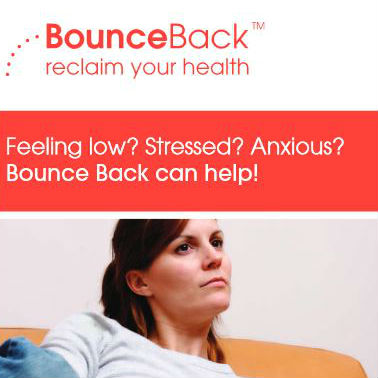Young adulthood can be a vulnerable time for young people. Young adults have the highest levels of alcohol use and related harms among all age groups. Mental health symptoms are also most likely to first present during late adolescence and early young adulthood. But what connection, if any, is there between mental health and substance use for this age group? And what does this mean for post-secondary students?
Rates of mental health concerns and psychological distress symptoms are high among Canadian university students. Data from the 2013 National College Health Assessment Survey showed that 10% of university students have been diagnosed with depression, and 11% diagnosed with anxiety in the past 12 months. Many more students report distress symptoms which can cause significant dysfunction or impairment for young people and may be precursors to later mental health problems. For example, in the last 30 days, 35% of students reported overwhelming anxiety and 40% felt very exhausted.
Research suggests that youth with mental health problems are two to three times more likely to have problems with substance use, and vice versa. Although these issues tend to co-occur, it is not always clear which comes first. Youth with mental health problems may use substances to cope with symptoms of the mental health issue that they find disruptive or uncomfortable. For example, someone suffering from social anxiety may drink to feel more comfortable in social situations.
Alternatively, substance use can create problems that trigger or exacerbate mental health symptoms. For example, alcohol use increases the chances of being a victim of sexual assault or poor-decision making, which could impact mental health. It is also possible that both substance use and mental health symptoms are caused by similar risk factors, such as environmental triggers like stress or trauma, therefore increasing the likelihood of co-occurrence.
But do young people perceive there to be a link between substance use and mental health?
In focus groups, our research lab asked university students about the link between mental health and substance use. Most students believed that mental health influenced student’s use of substances reporting that using substances to cope with stress and other negative situations or emotions, such as bad grades or break-ups, is a common and accepted practice among students. Students reported that support from friends regularly included suggestions of getting “wasted” to “forget about your problems.” However, students did not identify a bi-directional link; meaning they see few mental health consequences from substance use, although some students noted that going out and drinking sometimes prevented them from meeting their deadlines or getting their work done, which increased their levels of stress. Students appear to know that substance use is not a “healthy” way to cope with their stress and problems, but noted that it has the fastest effects and is accepted and encouraged among peers.
Students seem to underestimate the impacts of both mental health and substance use on their overall health and academic success. Would greater discussions in post-secondary settings about the links between these issues help students better understand the relationship between substance use and mental health?
Author: Kara Thompson, Postdoctoral Fellow, Dalhousie University
**Please note that the material presented here does not necessarily imply endorsement or agreement by individuals at the Centre for Addictions Research of BC.



